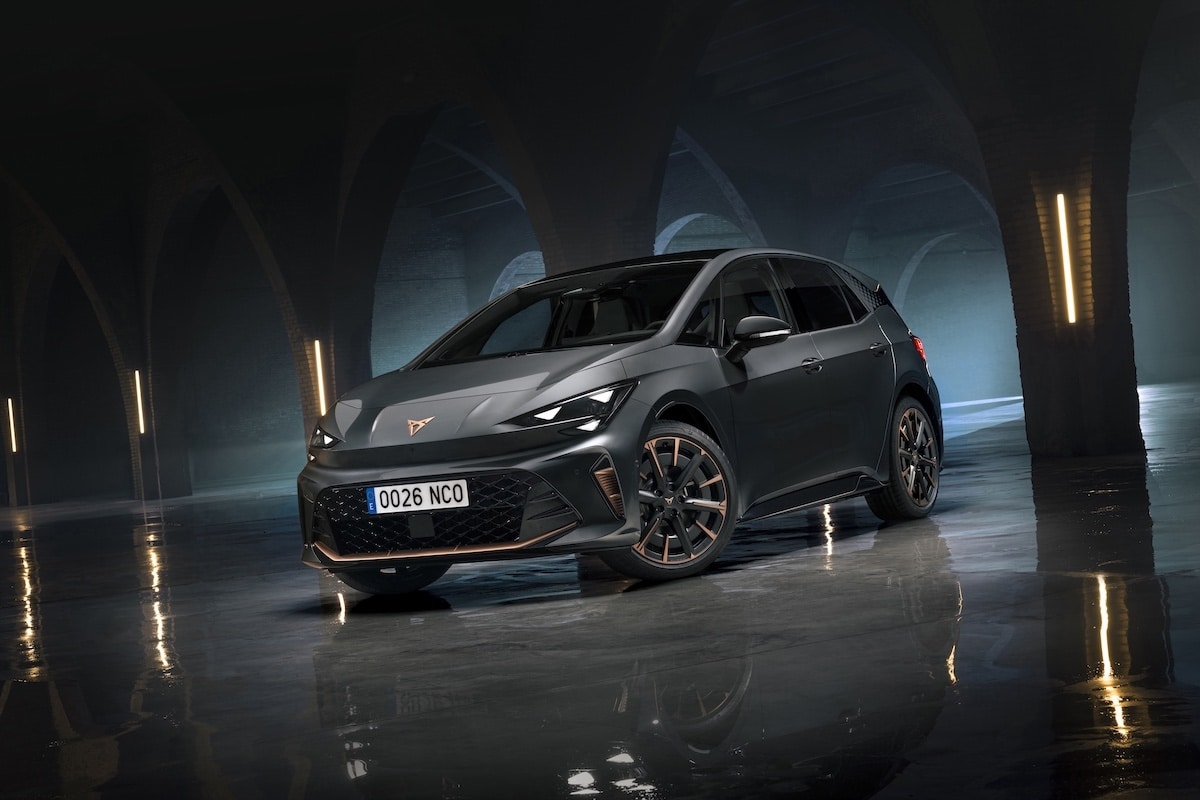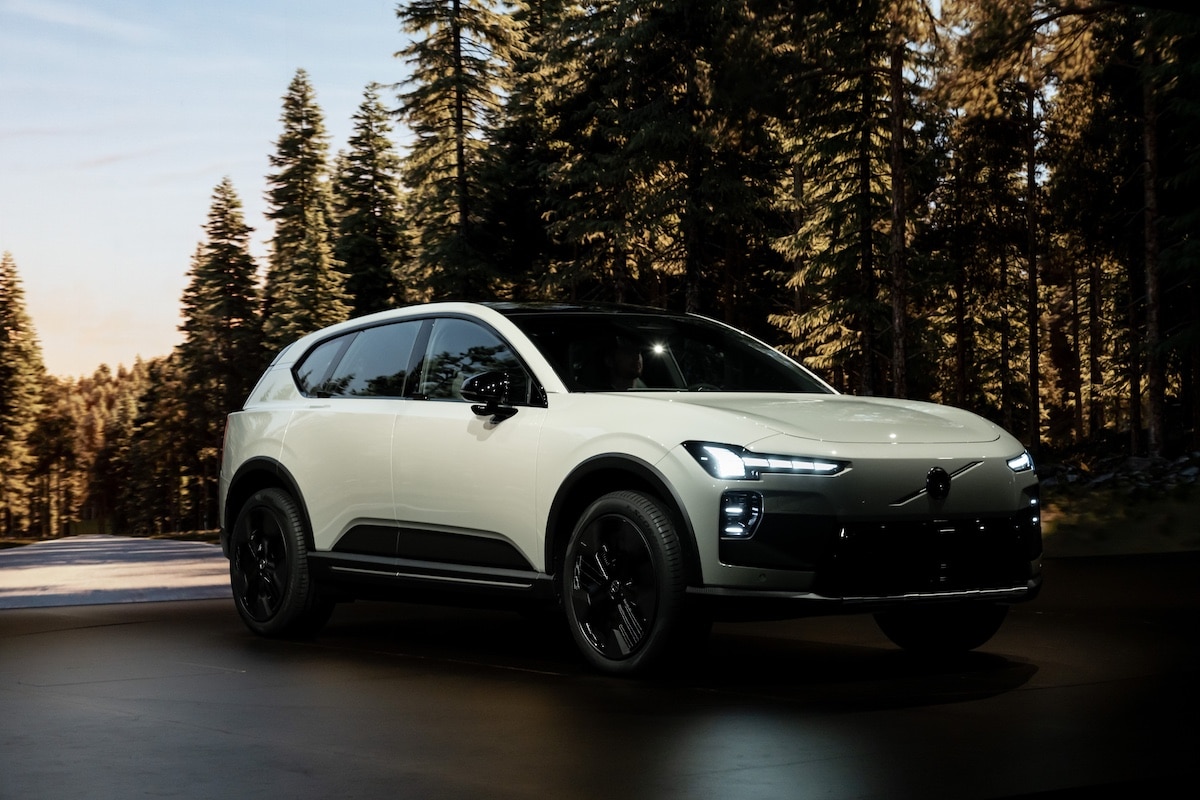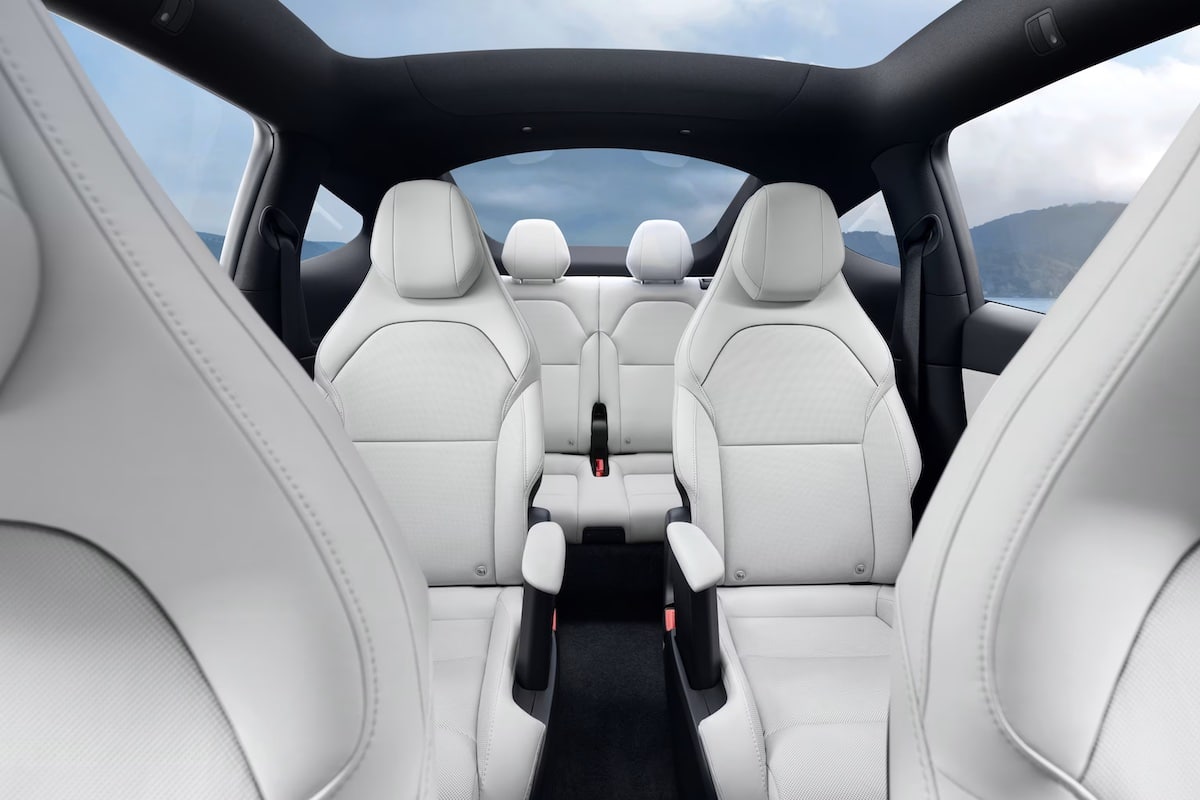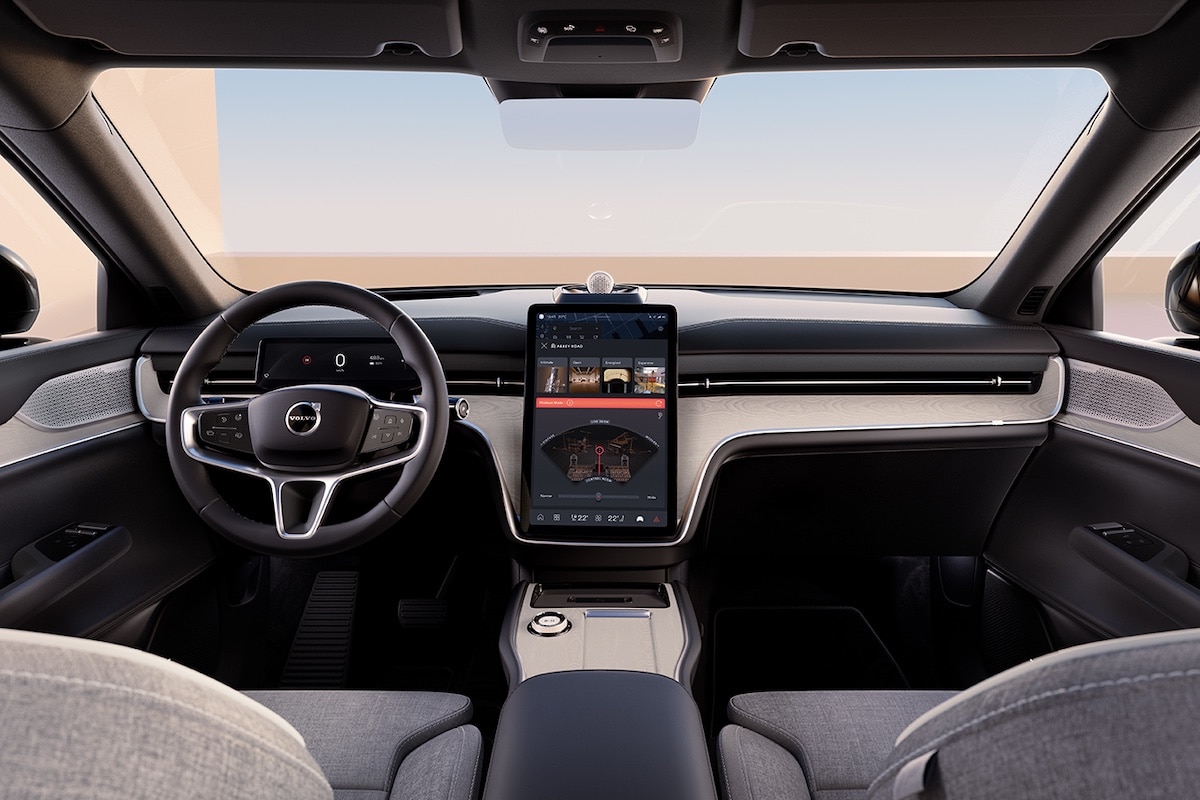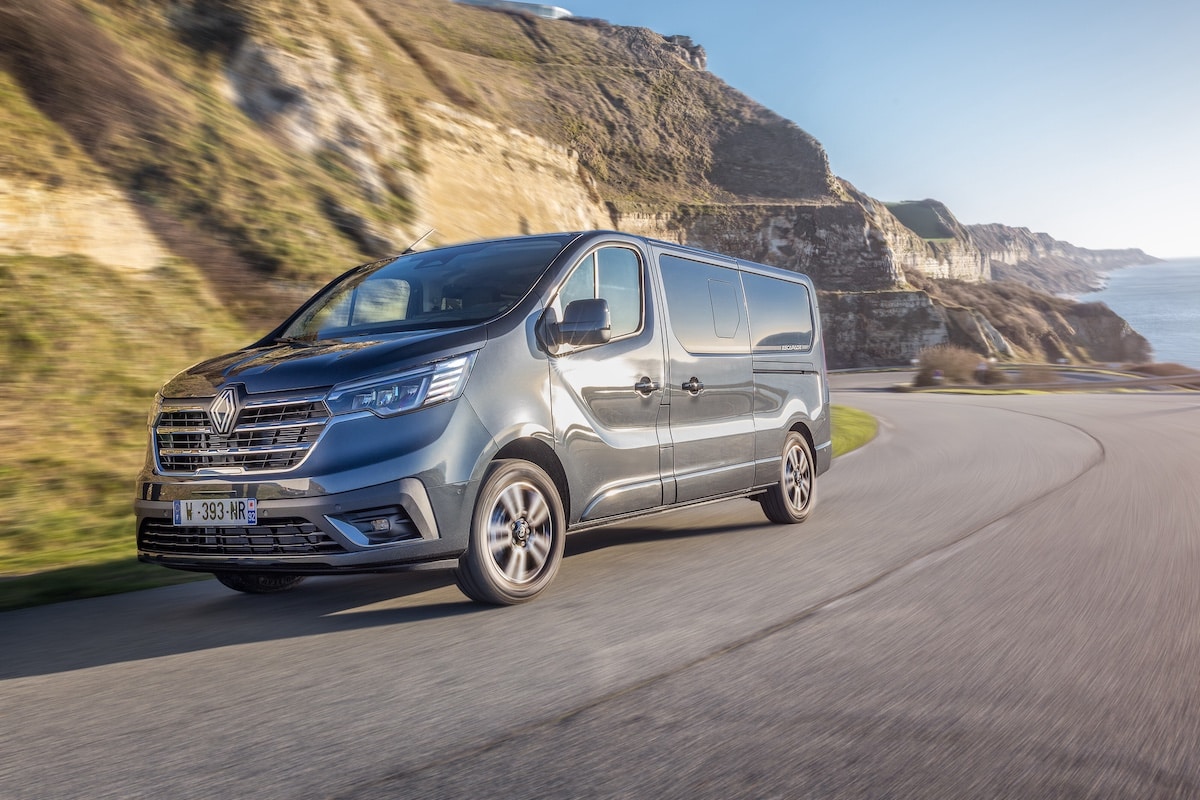The electric car for 100 euros a month makes a big comeback!
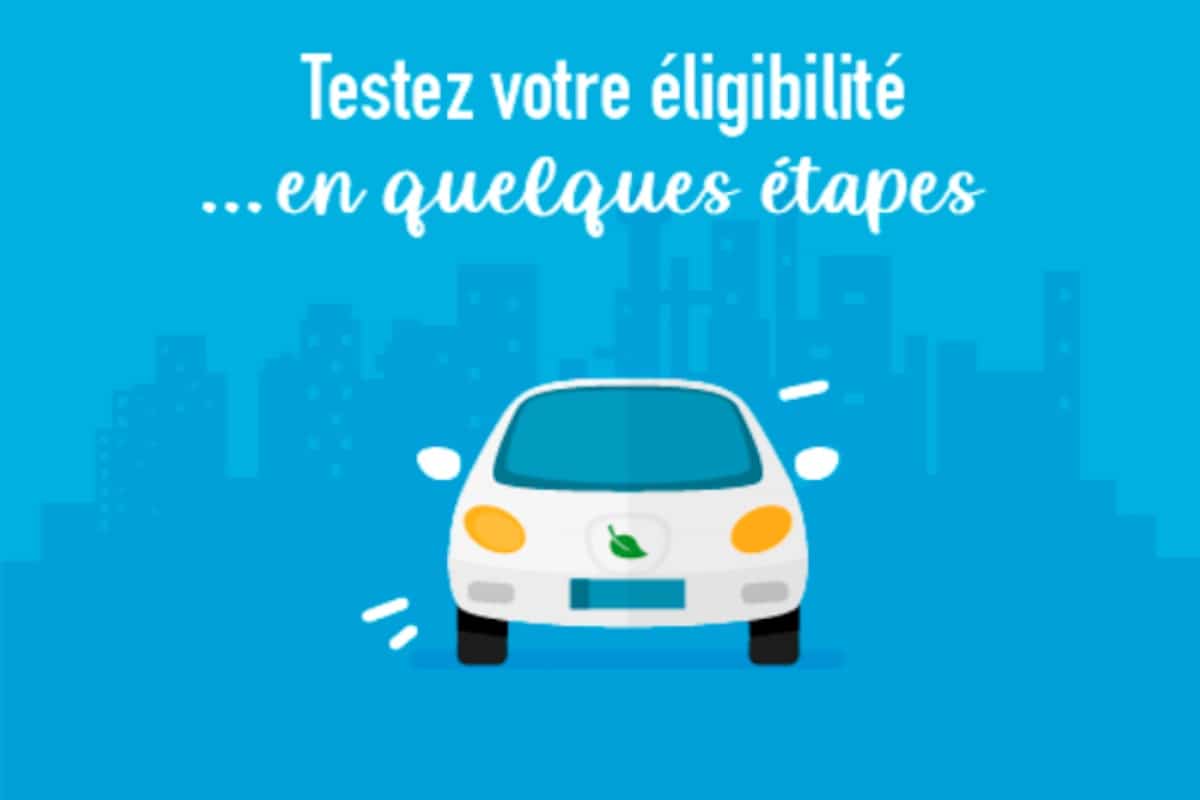
Good news for low-income households: social leasing is returning in the fall of 2025, but in a completely rethought form.
This time, it will no longer be the state financing the low-cost rental of electric cars, but energy suppliers. The scheme will now rely on the mechanism of Energy Savings Certificates (CEE), as outlined in an arrêté published in the Official Journal on June 20, confirmed on June 24.
Until 2030, this program named PRO-INNO-85 will allow low-income households to rent an electric vehicle for about 100 euros per month. Energy suppliers, who are required to achieve energy savings, will finance these contracts through the CEE. By supporting electric mobility, they will earn certificates allowing them to meet their regulatory obligations.
The government aims for at least 50,000 contracts signed over five years, including 5,000 intended for people living in areas where air quality is particularly poor. These territories could eventually replace the current Low Emission Zones (ZFE), whose elimination is confirmed.
A scheme finally mature?
Unlike the first version of social leasing, halted in early 2024 after unexpected success (50,000 applications accepted, double the forecasts), this new formula is designed for the long term. It will benefit from a budget of 369 million euros, equivalent to 41 TWh cumac, the unit used to evaluate energy savings.
However, the scheme is not yet fully finalized. The partner manufacturers, eligible models, and access criteria have not yet been specified. It is confirmed that this assistance cannot be combined with the ecological bonus. And unlike the latter, it may not exclude cars produced in China or outside Europe, which could significantly broaden the choice of vehicles.
Some players in the automotive sector are already beginning to prepare. Renault will assist its customers with the processes, while Volvo will collaborate with the company Économie d’Énergie, a subsidiary of La Poste, to facilitate access to the aids.
Despite criticisms from some NGOs, who fear an indirect impact on energy bills, this new social leasing marks a turning point. It offers a more stable and sustainable solution to finally make electric cars accessible to the most modest households.
ALSO READ: Has Social Leasing benefited those who need it most?
This page is translated from the original post "La voiture électrique à 100 euros par mois fait son grand retour !" in French.
We also suggestthese articles:
Also read
